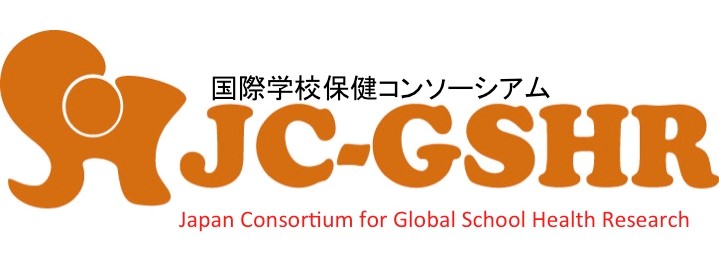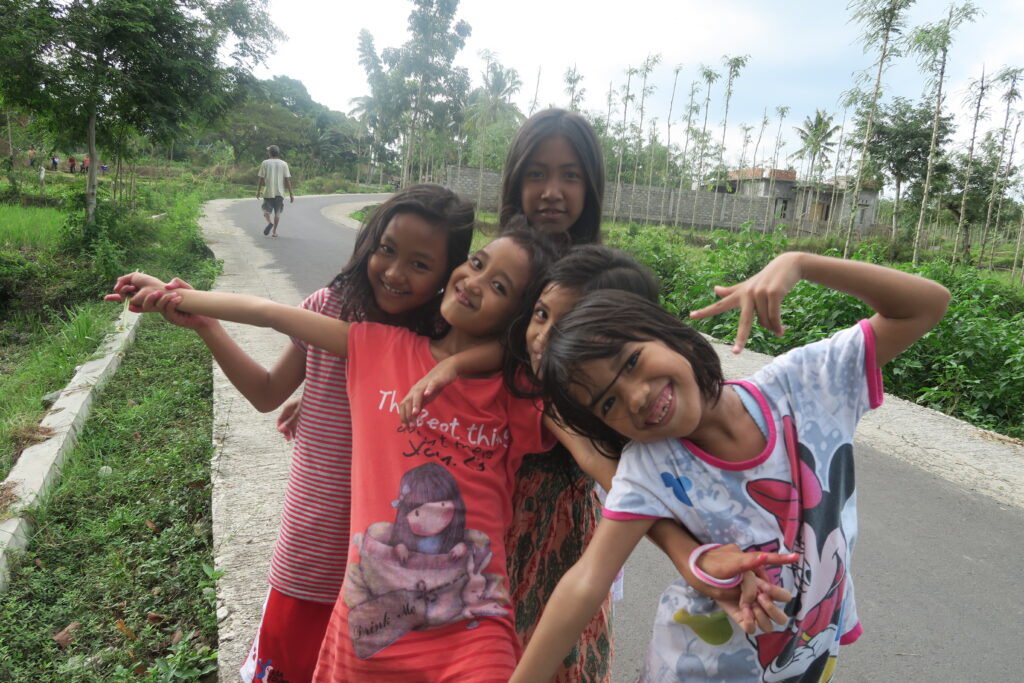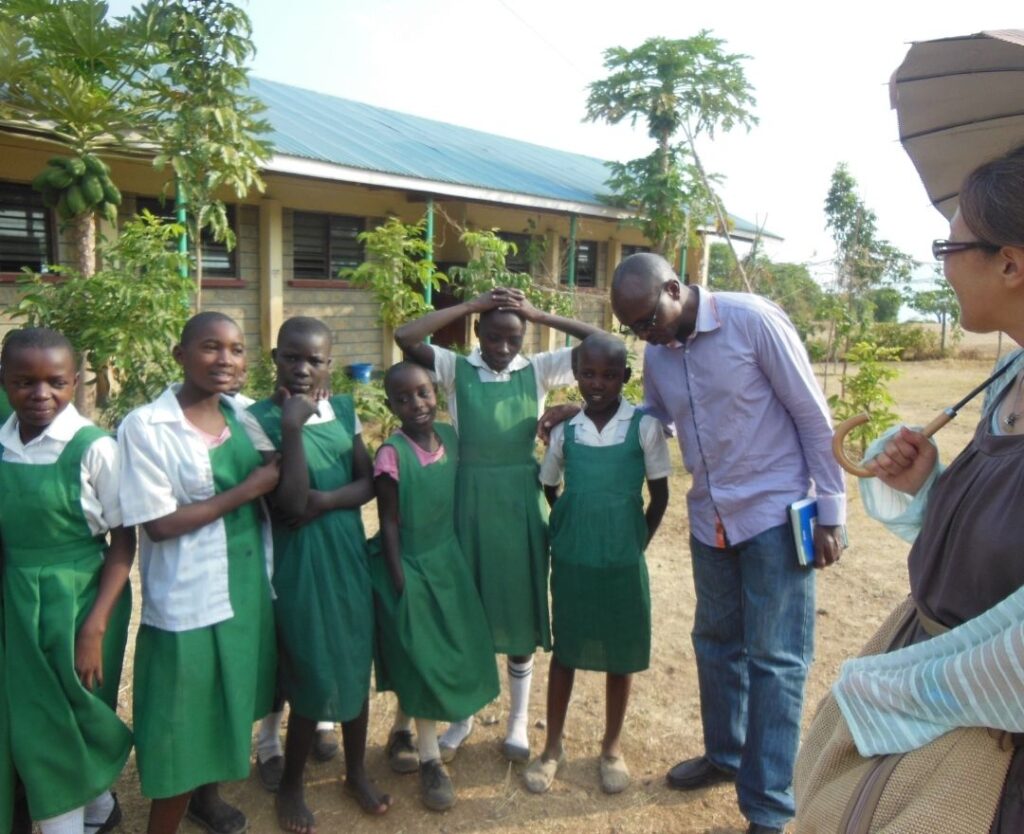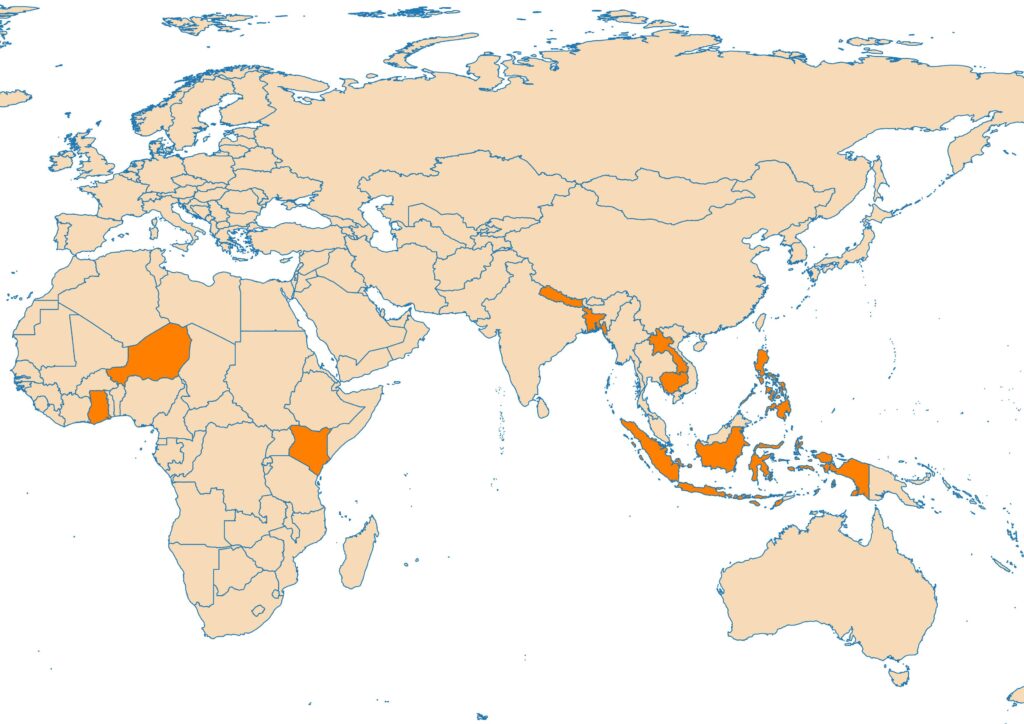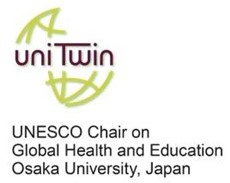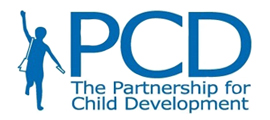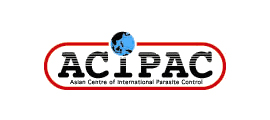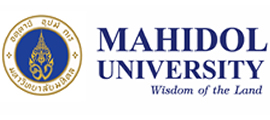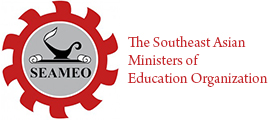Vision of JC-GSHR
The Japanese Consortium for Global School Health Research (JC-GSHR) was established in 2010 as a think-tank and hub for strengthening collaboration in global school health networks. JC-GSHR supports the appropriate implementation and dissemination of school health programs aimed at improving the health of children in late childhood, school age and adolescence, as well as the health of the communities to which they belong.
Main activities of the consortium
1) Practice and research regarding school health sector
2) Technical assistance and human resource development for school health practices
3) Human resource development of young researchers and practitioners with research and practice network
4) Diffusion of good practices and findings of researches
5) Strengthening of international collaborations
News: Activity Report
- Organized Session at the 36th Annual Conference of the Japan Association for International Development

- Field Research Report on CSE and ECD in Nepal
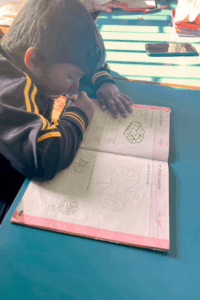
- The symposium “Planetary Health: From Schools to Communities.”
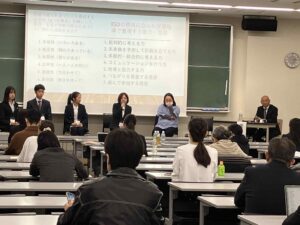
- A symposium at the IUHPE Conference

- Community and School-based Parasite Control Activities in LaoPDR
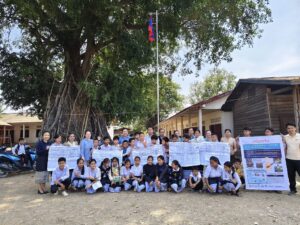
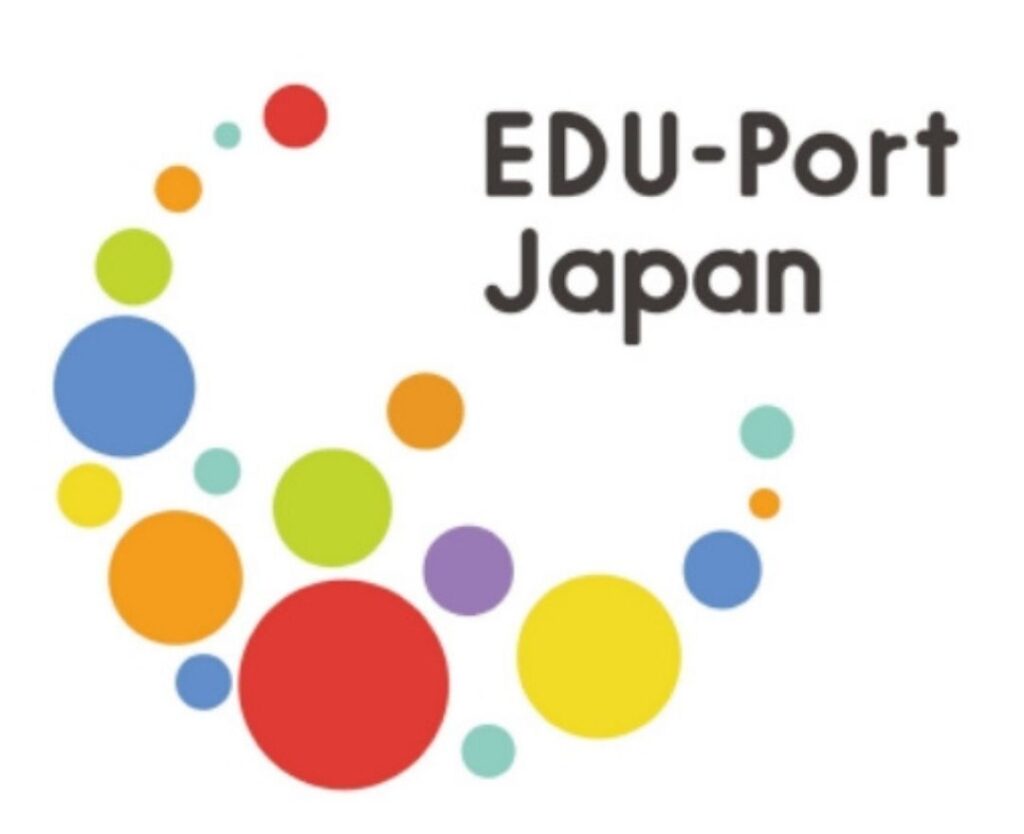
EDU-Port Japan is a project to promote the "overseas development of Japanese-style education" through an all-Japan collaboration between the public and private sectors.
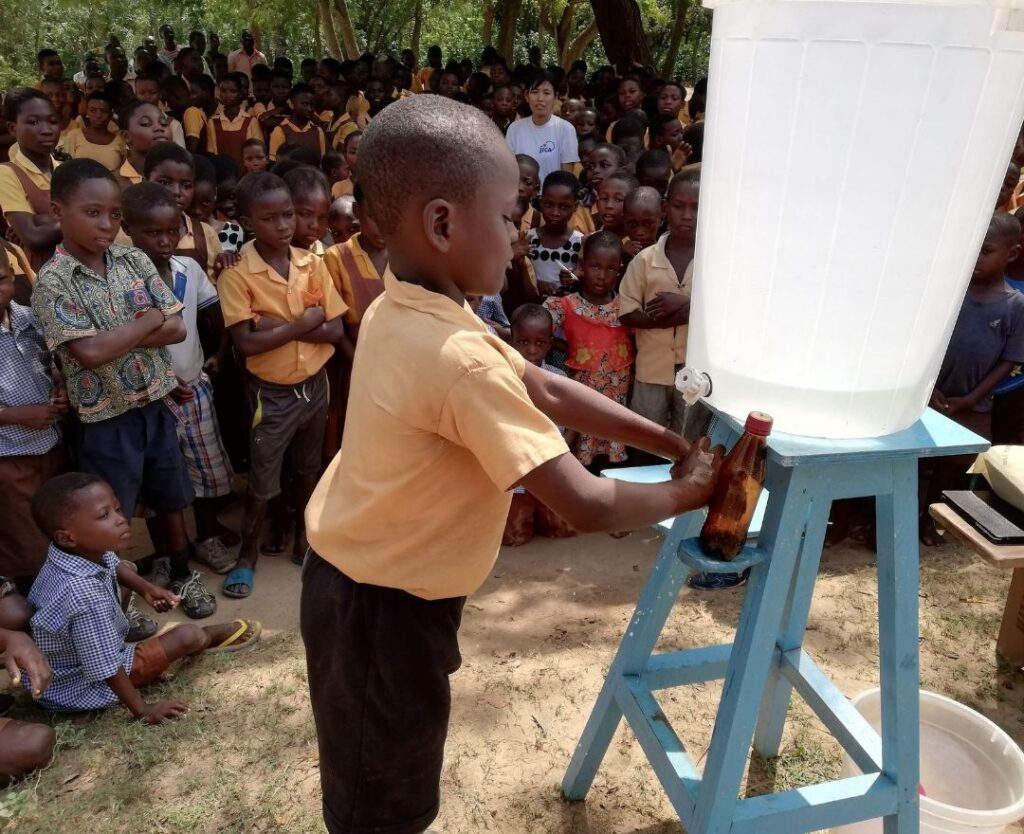
The Hashimoto Initiative has contributed to the international spread of school health, FRESH, Health Promoting School and the new concept of WPRO.
Global Strategy
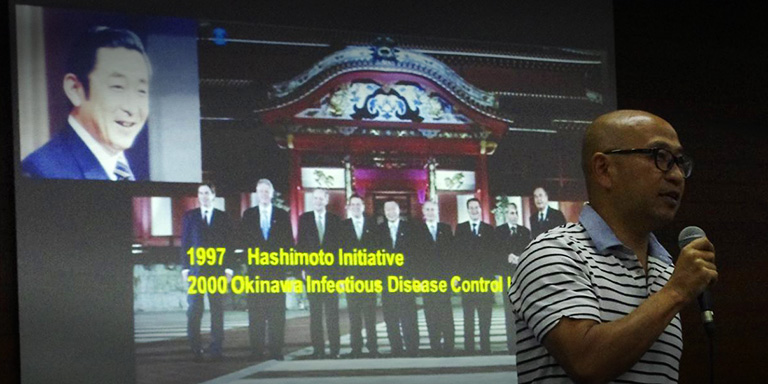
At the 1998 G8 Summit in Birmingham, England, then Prime Minister Hashimoto was central to speaking to the necessity of the G8 countries working toward global measures to control parasites (Hashimoto Initiative). Subsequently, with the assistance of JICA, International Parasite Control Centers were established in Thailand, Kenya and Ghana, which contributed not only to the implementation of parasite control measures, but also extension of school health globally, providing an infrastructure for putting such measures into practice. After JICA’s assistance was concluded, JC-GSHR carried on the Hashimoto Initiative and developed activities with Japan as a focal point.

In 2000, the WHO, UNICEF, UNESCO and World Bank collaborated to propose Focusing Resources on Effective School Health (FRESH), a framework for improving the health of school children. In cooperation with international institutions, global NGOs and other organizations, the Japan Consortium for Global School Health Research has, as a member of the FRESH Coordination Group, proposed new strategies and other action plans for the development of school health activities around the world in an effort to embody the FRESH philosophy.
Program
Main countries where research and other projects are conducted
- Laos
- Cambodia
- Nepal
- Bangladesh
- Niger
- Ghana
- Kenya
- Philippines
- Indonesia
- Guam
